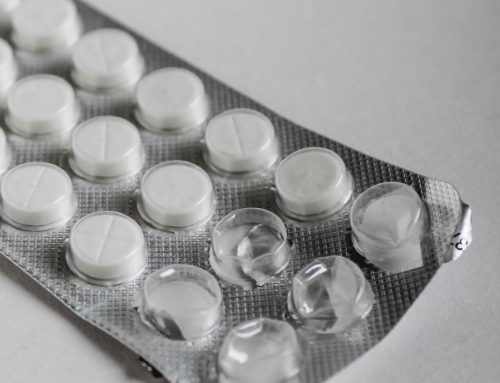Do you constantly feel tired, have migraines, and suffer from rashes?
Corn allergies are fortunately quite rare. They’re also difficult to diagnose. Here’s the problem: almost every food item you can think of may contain derivatives of corn. Even the gum sealant of tea bags is made with corn-derived ingredients. What do baking powder, iodized salt, and shampoo have in common? You guessed it – they all contain corn.
Corn allergies are not common. If you have chronic pain and other symptoms, chances are other causes such as stress and a nutrient-poor diet are the culprits. Explore other possibilities before testing for a corn allergy. If you’ve examined other possible causes and still haven’t found the problem, here’s a list of corn allergy symptoms and what you can do to relieve them.
Symptoms and Reactions
- Rashes
- Hives
- Itching
- Migraines
- Sinus issues
- Sneezing
- Tongue/face swelling
- Indigestion, vomiting, and other digestive issues
- Chronic pain
- Anaphylactic shock (rare), a sudden and possibly fatal episode of falling blood pressure.
How to Test For a Corn Allergy
Keep a food diary. Note what you eat and any symptoms you experience after eating. If you see a consistent pattern of symptoms after eating food with corn derivatives, visit an allergist. Keep in mind that many items won’t have ‘corn’ on the food label but will contain corn-derived ingredients. See below for a list of corn-derived ingredients.
What Do I Do if I Have a Corn Allergy?
Prevention is your best bet.
Be prepared to invest time and energy into having a corn-free diet. Your diet and lifestyle will have to change but the relief will be well worth the effort.
Avoid consuming or using any products with corn or corn-derived products. Corn is unfortunately used in almost every product you can think of, from cereal to toothpaste and vegetable oils. Read the ingredient labels and learn the common corn-derived ingredients. Also remember that maize is another name for corn.
Finding corn-free food requires effort. Fortified cereals and flours, for example, contain corn-derived additives. Even corn-fed meat and eggs from corn-fed cows may be a problem. Other ingredients that have hidden corn include caramel, citric acid, dextrose, maltodextrin, monosodium glutamate (MSG), semolina, sorbitol, starch, and xylitol. Print out this list of corn-derived products and bring it with you every time you go grocery shopping.
Here’s a (very) brief list of foods that can contain corn:
- Bread
- Cereal
- Peanut butter
- Syrups
- Snacks
- Deli meats and sausages
- Juices and pop
Chew on this
Corn allergies are rare. Keep this in mind before concluding whether you have a corn allergy. If you and your allergist have decided that you need a corn-free diet, relax. That’s the first step. There are many other people who have sensitivity to corn. Find other people with corn allergies and talk to them. Having a supportive community is the key to managing corn intolerance. Try online forms such as the Delphi Forum for Avoiding Corn.
We change our body chemistry every time we eat. You can take charge of your health today, and live well.




